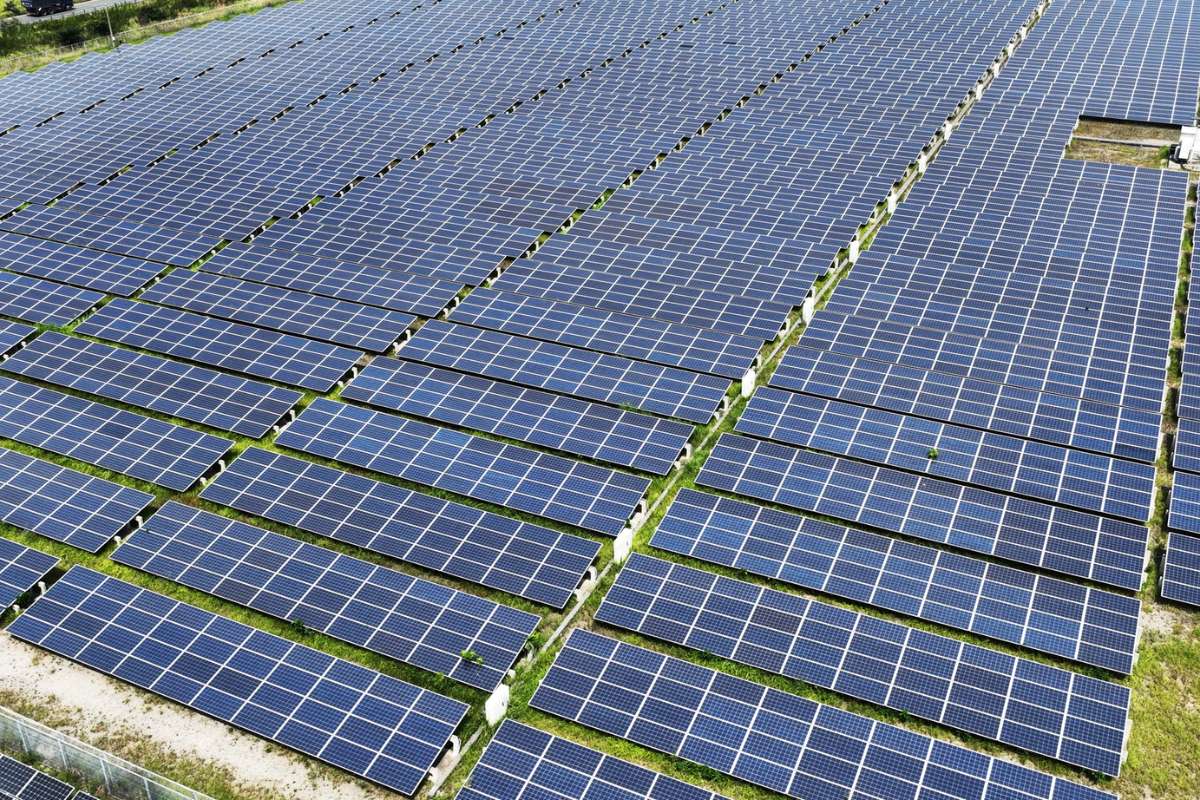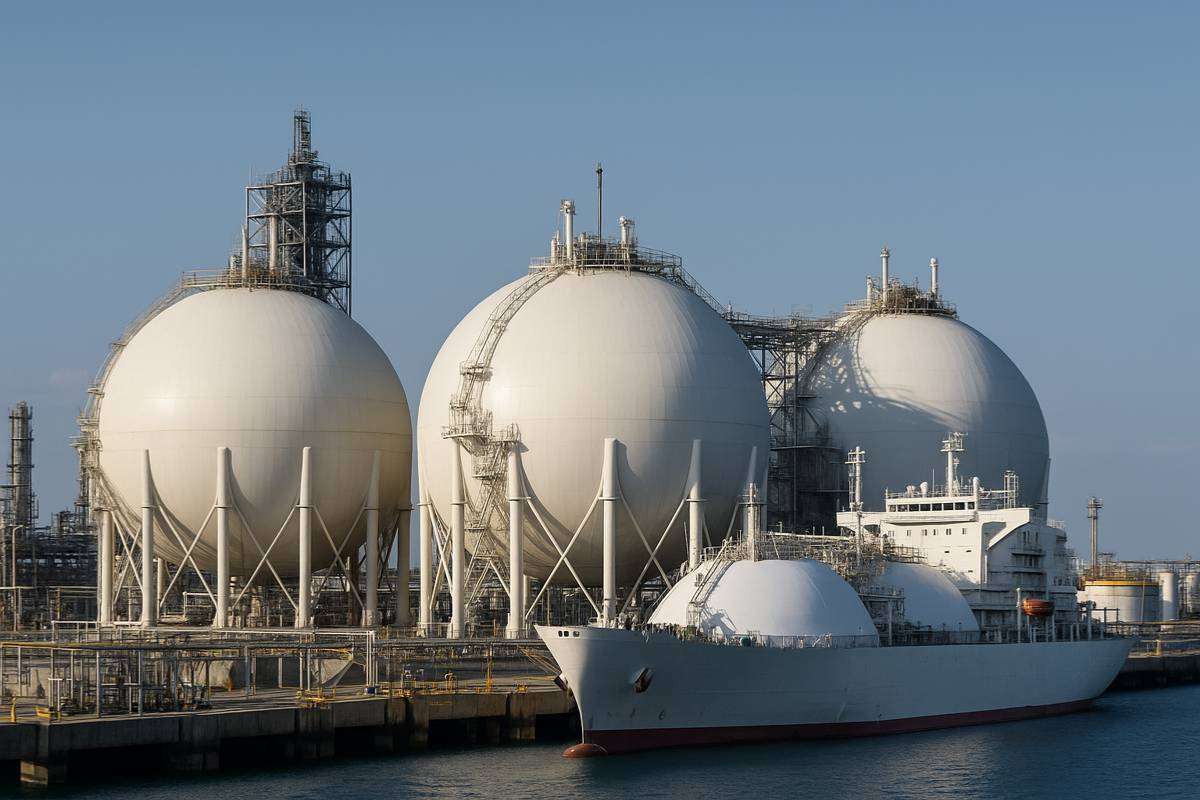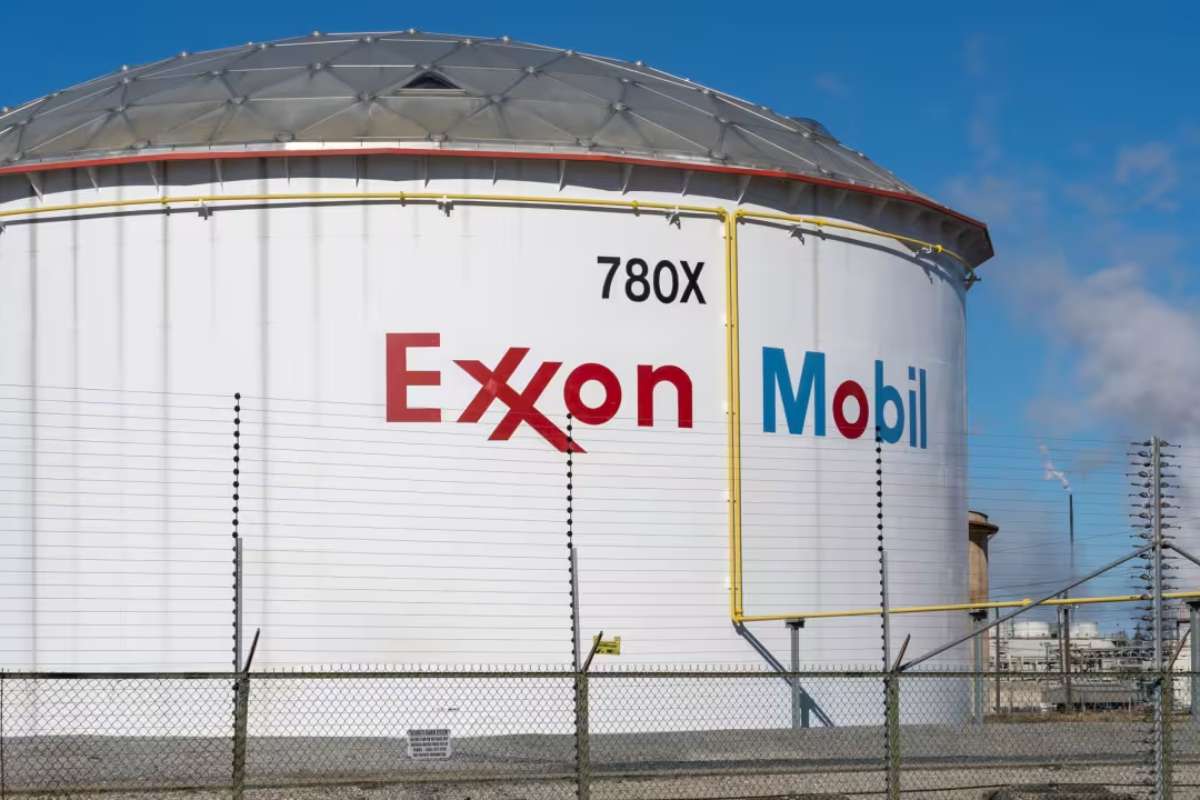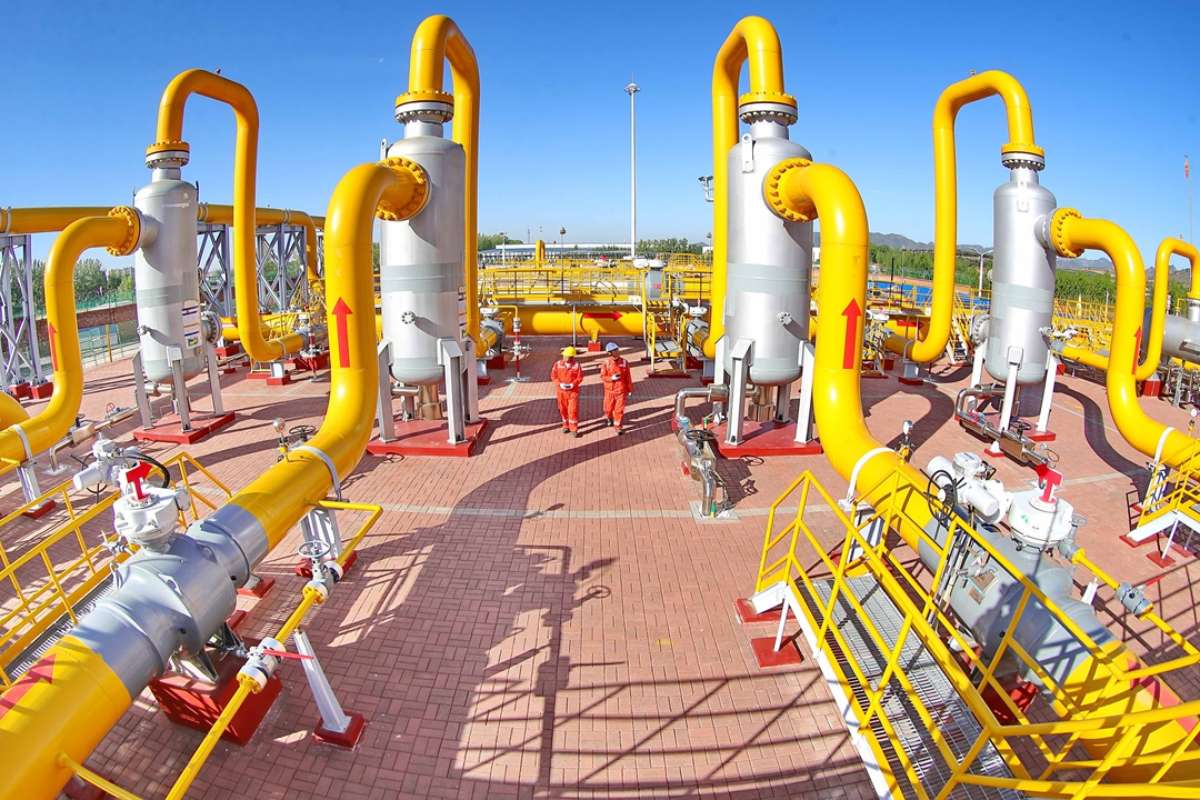Since the Fukushima nuclear disaster in 2011, Japan has witnessed a rapid increase in the installation of solar panels as part of the country’s push toward renewable energy. As these panels reach the end of their life expectancy—typically 20 to 30 years—Japan is now facing a pressing issue: the disposal of used solar panels. This challenge is expected to intensify in the coming decade, particularly as the peak waste amount from solar panels is projected to reach around 500,000 tons annually by the early 2040s. Without a proper disposal system in place, Japan could face significant pressure on its industrial waste treatment infrastructure.
The Growing Waste Problem and Government Response
At present, the amount of solar panel waste in Japan is below 100,000 tons annually, but this figure is expected to rise sharply by the mid-2030s, potentially surpassing 300,000 tons by 2040. The projected peak waste amount of 500,000 tons in the early 2040s would account for about 5% of Japan’s total industrial waste, signaling a clear need for a structured recycling system.
In response to this looming challenge, the Japanese government is planning to introduce legislation during the upcoming parliamentary session to establish a recycling framework for solar panels. The proposed system will require panel manufacturers and importers to fund the recycling process, while solar power facility owners would cover the costs of dismantling the panels. Notably, homeowners with smaller, residential solar installations would be exempt from the cost-sharing program for demolition. A third-party organization would oversee the collection of recycling fees and the management of funds, ensuring that money is available to cover the disposal costs throughout the lifespan of the panels.
Challenges and Risks in Recycling Implementation
Despite the government’s plans to tackle solar panel waste, several challenges remain. A key concern is ensuring that the discarded panels are consistently supplied to recycling businesses. Another issue is that some solar power facility owners may be reluctant to remove their panels once they reach the end of their service life, complicating the recycling efforts. Additionally, improperly disposed of panels, particularly those with damaged glass, could pose significant environmental risks, potentially releasing toxic substances such as arsenic and lead or causing fires due to electrical malfunctions.
To prevent illegal dumping and abandonment of panels, close cooperation between central and local governments will be critical. Authorities will need to track the installation and decommissioning of solar power systems to ensure compliance. Tokyo Power Technology, a subsidiary of Tepco specializing in solar panel recycling, has voiced support for the government’s recycling initiative, emphasizing the importance of diverting waste from landfills.
As Japan moves toward implementing a nationwide solar panel recycling system, the government aims to finalize its plan early this year, addressing these ongoing challenges and ensuring that the country can effectively manage its growing solar waste problem.












